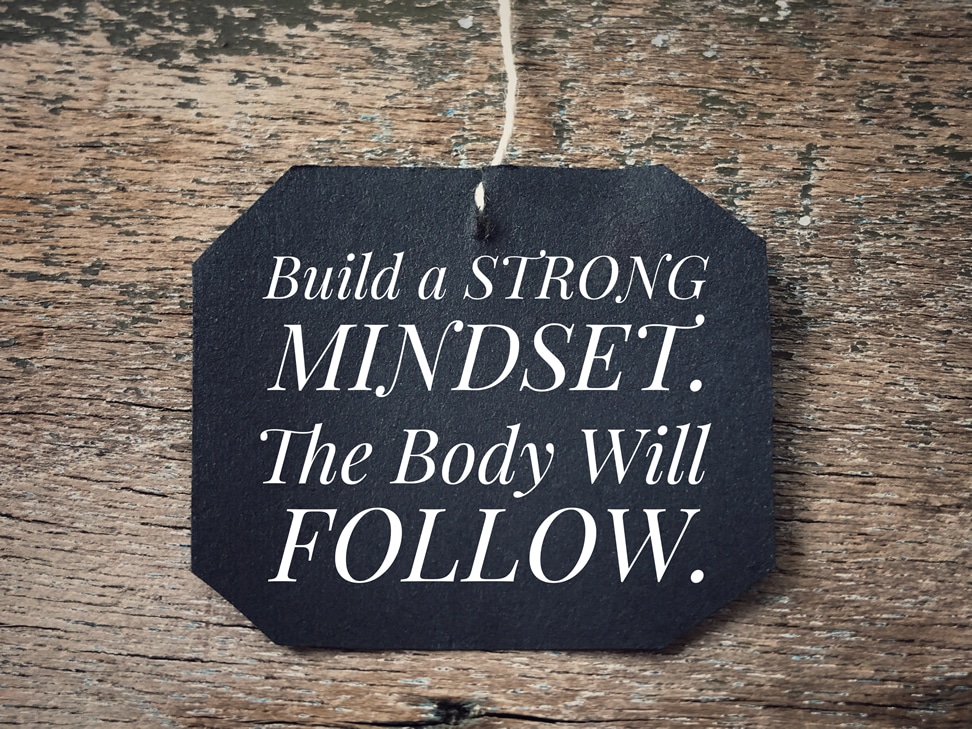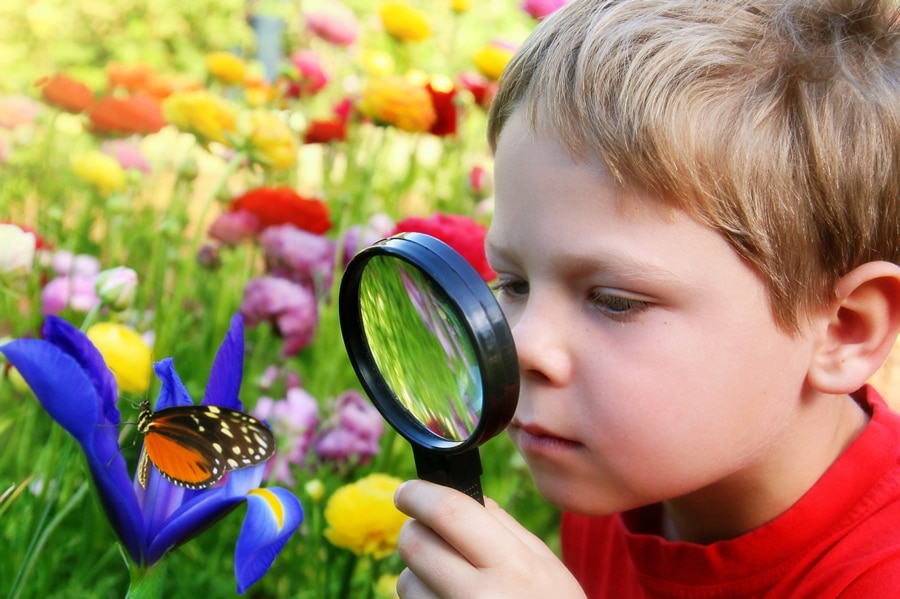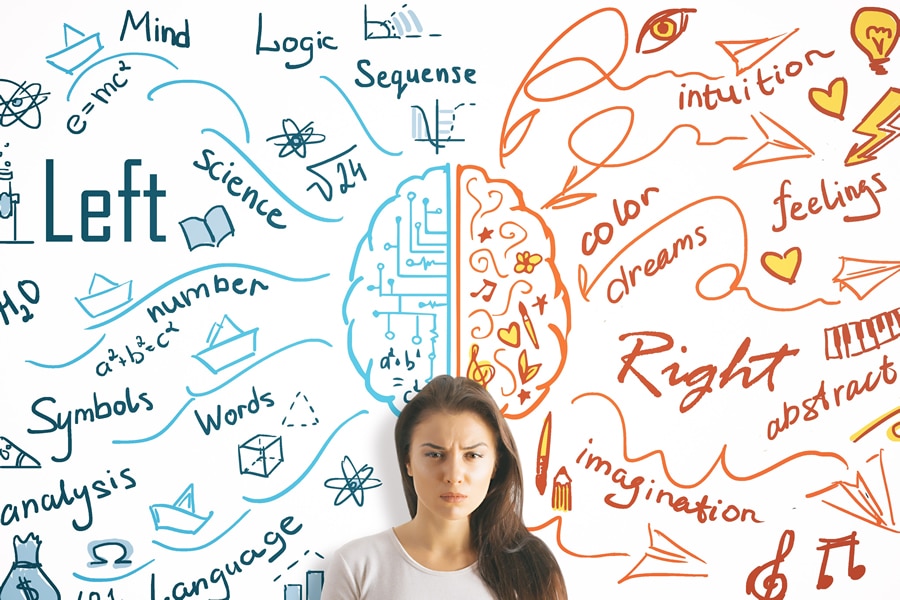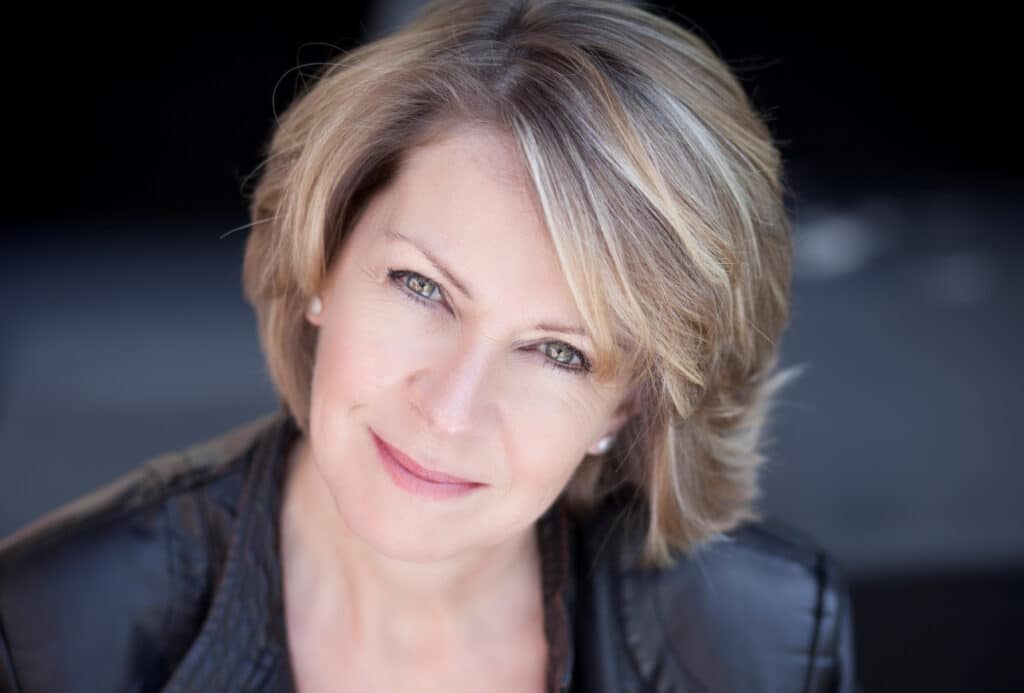
Mindset – Really? What does this mean to you and I?
An article by Deborah Russell. Deborah is a Professional Transition Coach based in the West of Paris. She uses techniques that harness and channel energy in the right direction. This article is all about the power of mindset and mindfulness which, for Deborah, are key in both our personal and professional lives.
It was once said to me in a rather heated discussion, «well that all depends on where your mindset is». I wondered at the time what this person was talking about.
Mindset and mindfulness are words frequently used today with a lot of uncertainty behind them. Here is my simple explanation.
My personal beliefs:
• I believe in doing everything with authenticity, integrity and love
• I believe that the things you are passionate about are not at all random, they are your calling
• I believe that we are good enough, and always have been
• I believe that we are all born with a purpose and that it’s our divine duty to use it for good
• I believe in the power of ‘community’, that it’s incredibly difficult to do great things by yourself (and why would you?).
Truly believing this gives me the foundations and the right mindset to do my work and to be myself. If this belief wavers, I’m no longer in the right mindset to go out and create an impact.
Try this exercise for yourself:
Out of the following list, which of the emotions are you feeling right now? Circle the number.
1-Faith, Trust,
2-Passion
3-Enthusiasm, eagerness,
4-Positive expectations, belief
5-Optimism
6-Hopefulness
7-Contentment
8-Joy, happiness
9-Love
10-Appreciation, Gratitude,
11-Commitment, engaged
12-Sense of peace
This side of the list you are manifesting with anabolic thinking (postitive, growing, high energy).
13-Boredom
14-Pessimism
15-Frustration, Irritation,
16-Impatience
17-Overwhelm
18-Disappointment, Despair
Discouragement
19-Worry, Doubt
20-Jealousy, Revenge
21-Anger, Resentment, Blame
22-Hatred, Rage
23-Fear, Grief, Depression, Powerlessness
24-Insecurity, Guilt, Unworthiness
This side of the list you are not. Your thoughts are catabolic (draining, detracting, low energy).
What is your mindset today?
What is Mindfulness?
As a form of therapy, mindfulness has been in the news a great deal recently. It is recommended by the National Health Service, many see it as a cheap, effective and do-able intervention for our stress-filled lives, as much as a skill that can prevent us from actually breaking down or becoming ill, if we incorporate it into our daily lives.

There are around 12,000 published research papers on mindfullness based therapies, and plenty on-line videos to watch. The application of mindfulness covers a range of situations, such as in parenting, training, the treatment of mental health, in schools and as part of wellbeing therapies. It is even used in treating the immune system with some positive outcomes for patients with HIV, ME and MS.
So what does it look like?
Mindfulness is being aware of or bringing attention to ‘this moment in time’, deliberately without judging the experience. So when we go for a mindful walk, we really notice every little detail and we encounter – trees, cars, flowers growing out of small cracks, or a cat crossing the road, rather than creating a to-do list or revisiting the unpleasant discussion you had with your boss this week.
By reconnecting with these simple moments in life, by truly living moment by moment, it is possible to rediscover a sense of peace and enjoyment; we may at least sometimes, feel once again truly enchanted with life. Re-discovering this sense of space in the mind and in your head of otherwise racing thoughts, you will more likely find clarity, focus and your true inner wisdom. This is where the answers to your thoughts come to the forefront and decisions become more obvious.
Why be more Mindful and what are the benefits to me ?
- More self compassion and compassion for others and for our planet
- Increased feeling of calm and relaxation
- Higher levels of anabolic energy (growing, building, attracting) and enthusiasm for living
- Increased self confidence and self-acceptance (what is, is)
- Less danger of experiencing low catabolic energy (draining, detracting, deflating) from stress, depression, anxiety, pain, addiction or low immune efficiency
The skill of mindfullness may not ‘heal all ills’, but what it will do is change our perspective on discomfort and open new possiblilties for moving from just being and struggling, back towards adventurous living. You learn to live around the pain rather than focus on it all the time. Pain in your knee will become «a pain in the knee» and maybe even it will retreat into the background of your awareness while you focus on the breath or listen to sounds around you.
This practise may prevent us from getting sick and unapppy but it can also return our awareness to the childlike curiosity we all had when we were young.

How can I practise being mindful – 5 steps
- Change the thought > change the feeling. Thoughts change our reality!
Practicing mindfullness regularly can not only change the biochemistry of our body, but also change the way in which the brain functions.
It is we who manage our thoughts and nobody else, it is we who develop our emotions and it is we who control our behaviour and responses. One person’s reaction to the same comment will be different to another’s and it is down to the thoughts and feelings and emotions of each individual that will determine the response. I recommend ‘The Work’ of Byron Katie to change ‘the thought’.
https://thework.com/resources/
- Increasing gratitude
Appreciation occurs when we begin to realize what we have been gifted with, and loving kindness reconnects us to others in a win/win attitude. We start to focus on positive thoughts and perceptions and for a while we let go of our fearful anxious brain pattern. Gratitude and appreciation help us turn towards joy and gladness which create chemicals of well being and peace in our whole body.
Try logging on a daily basis for two weeks the things that you are grateful for, you will see that it will completely change your thoughts and the way you see things, leading to less stress and a more optimistic outlook on life.
- waken your breathing
I strongly recommend the applications ‘Head Space’ or ‘Calm, for teaching short daily breathing exercises to face the day with confidence and calm.
- Tune in and anchor to the sound
Allow sound to enter your awareness. Take a seat, now gently close your eyes or keep them half closed. Allow sounds to enter and pass, from near and far, coming and going. Don’t label the sounds because then you’ll create a story with your left brain (thinking brain), we want you to use your right brain (feeling). If thoughts arise, notice, this is the nature of the mind but then bring it back to the sound. This action is your anchor.

- Self compassion
The yin to the yang of mindfulness. We need to be kind and accepting to ourselves when we don’t manage to be mindful whilst we need mindfulness to observe our own self – critical behaviour and thoughts.
Here is an exercise to try:
Take a large sheet of paper, draw a big letter « I » (this represents you as a whole, all the actions you’ve ever done, all aspects of your body, mind and talents etc). Over one week, write down within the big I little i’s when ever they arise; choose a green coloured pen for what you like about yourself and a red for what you feel needs improving or accepting. Eg in green I would write, « enjoy dancing regularly »,’ « have a good skin ». Then in red I would put, «increase patience », «reduce overthinking time». It is wonderful to really see in large scale how we consist of a broad choice of behaviours and characteristics
Nobody will be either a complete failure or perfect.
By practising any of the ideas and suggestions in this article, we may experience once again the wondrous qualities of natural life, a blade of grass, clouds in the sky, unusual sounds, the importanc of surrounding ourselves with friends and others who care deeply for us. We remember all of a sudden that it is these precious little moments that are the true wonders of being alive. These glimpses of joy really matter, because they connect us to life rather than split us up from it.
Acknowledgement : to Dr Patrizia Collard for her teaching and wisdom.

Deborah Russell is a Certified Transition Coach and practices in the West of Paris. Please For more information about her work, go to her website . She is available for bookings, enquiries or questions contact her.